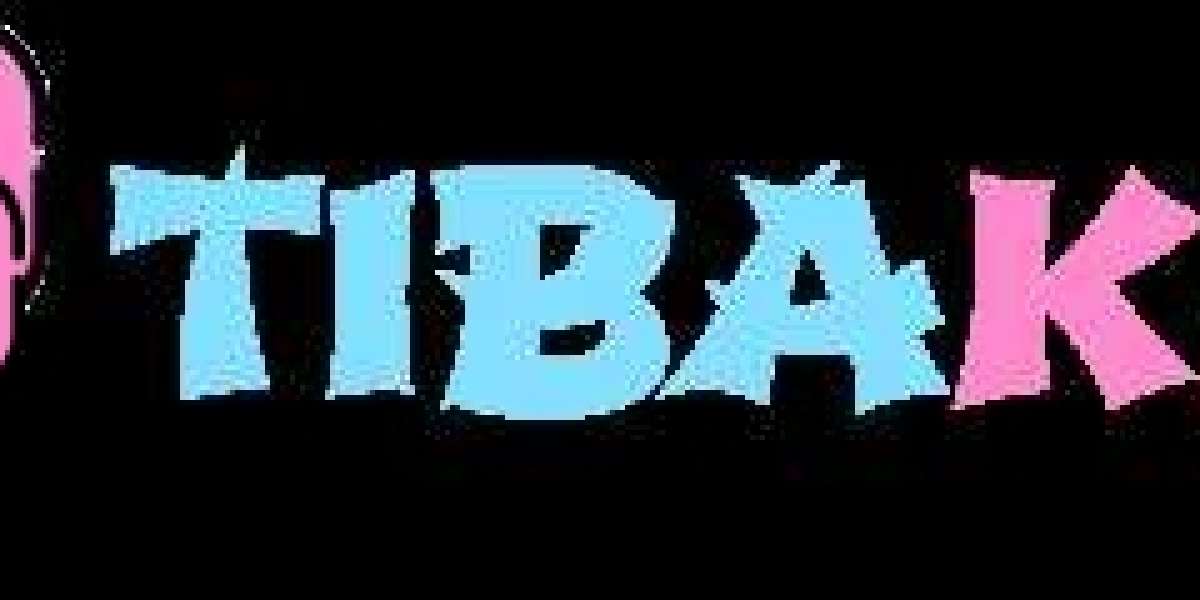Introduction
Nursing documentation is a fundamental aspect of healthcare that involves recording a patient's medical history, treatment plans, and outcomes. Accurate and comprehensive documentation is critical for effective communication among healthcare providers, ensuring continuity of care, and meeting legal and regulatory requirements. Despite its importance, the demanding nature of nursing often makes it challenging to maintain high-quality documentation consistently. Nurse writing services have emerged as a vital resource, supporting nurses in both documentation and research by enhancing the clarity, accuracy, and compliance of their records.
The Importance of Nursing Documentation
Nursing documentation serves several essential functions in healthcare. It provides a detailed record of a patient's health history, treatments, and responses to care, which is crucial for continuity of care. Accurate documentation ensures that all healthcare providers involved in a patient's care have access to the same comprehensive information, facilitating informed decision-making and effective coordination.
Moreover, nurse writing services is a critical legal record. In cases of legal disputes or audits, detailed and precise records can demonstrate that the care provided met accepted standards and protocols, protecting healthcare providers and institutions from potential legal and financial repercussions. Additionally, comprehensive documentation supports clinical research and quality improvement initiatives by providing valuable data that can be analyzed to assess care outcomes, identify trends, and develop evidence-based practices.
Challenges in Nursing Documentation
Despite its critical importance, maintaining high-quality nursing documentation presents several challenges:
Time Constraints: Nurses often have demanding schedules and heavy workloads, which can lead to rushed or incomplete documentation. Balancing patient care with documentation tasks can be challenging, resulting in records that lack detail or clarity.
Complexity of Care: Modern healthcare involves managing complex medical conditions and advanced treatments, requiring detailed and precise documentation. Capturing all relevant information accurately can be difficult within the constraints of a busy healthcare environment.
Technological Barriers: The adoption of Electronic Health Records (EHRs) has streamlined many aspects of documentation but introduced challenges such as system usability issues, data entry errors, and interoperability problems. Nurses may struggle with navigating these systems efficiently, leading to incomplete or inaccurate records.
Inadequate Training: Not all nurses receive extensive training in documentation practices, leading to variability in documentation quality. Inconsistent practices can result in incomplete or inaccurate records.
Burnout and Stress: The high-stress nature of healthcare can lead to burnout among providers, which in turn affects documentation quality. The pressure to complete documentation quickly and accurately, combined with the emotional and physical demands of patient care, can result in errors and omissions.
The Role of Nurse Writing Services
Nurse writing services provide specialized support to address the challenges of nursing documentation. These services are staffed by professionals with both clinical expertise and advanced writing skills. Their role encompasses several key areas:
Enhancing Clarity and Accuracy: Nurse writing services help improve the clarity and accuracy of patient records. They review and revise documentation to ensure that it accurately reflects patient care and adheres to regulatory standards. Clear and precise records reduce the risk of errors and improve communication among healthcare providers, leading to better patient outcomes.
Ensuring Compliance: Compliance with legal and regulatory requirements is critical in healthcare documentation. Nurse writing services ensure that records meet all relevant standards, reducing the risk of legal issues and financial penalties. They stay updated with the latest regulations and guidelines to ensure that documentation practices align with current requirements.
Providing Training and Education: Nurse writing services offer training and educational resources to help healthcare providers improve their documentation skills. This includes developing guidelines, best practices, and providing workshops or online training modules. Enhanced training helps providers produce higher-quality records and reduces variability in documentation practices.
Developing Policies and Procedures: Nurse writers assist in creating and updating healthcare policies and procedures. Well-written policies and procedures are essential for maintaining consistent and high-quality care across healthcare organizations. Nurse writing services ensure that these documents are evidence-based and aligned with current best practices.
Supporting Research and Academic Activities: Nurse writing services support research initiatives by assisting with the preparation of research papers, grant proposals, and academic manuscripts. Their expertise ensures that research documents are well-written, scientifically accurate, and effectively communicate the intended message. This support is crucial for advancing medical knowledge and improving clinical practices.
The Benefits of Nurse Writing Services
The integration of nurse writing services into healthcare organizations brings numerous benefits that collectively transform nursing documentation and research:
Improved Clarity and Accuracy: Professionals in nurse writing services bring a high level of precision and clarity to documentation. Their understanding of medical terminology and clinical practices ensures that records are accurate and easy to understand. This clarity reduces the risk of errors and improves communication among healthcare providers.
Increased Efficiency: By outsourcing documentation tasks to nurse writing services, healthcare organizations can improve efficiency. Nurses can focus more on direct patient care rather than being burdened by documentation requirements. This shift leads to better patient care and a reduction in nurse stress and burnout.
Enhanced Compliance: cheap nursing writing services help healthcare organizations meet legal and regulatory requirements by ensuring that records are thorough and compliant. This reduces the risk of non-compliance and associated penalties, protecting the organization and its staff from legal issues.
Support for Research and Education: Nurse writing services contribute to the advancement of healthcare knowledge by supporting research and education. Their expertise in academic writing helps secure research funding and disseminates valuable findings, fostering evidence-based practices and enhancing patient care.
Standardization of Documentation Practices: Standardizing documentation practices across healthcare organizations promotes consistency and uniformity. Nurse writing services can develop standardized templates and guidelines, improving documentation quality and facilitating better data collection and analysis.
Case Studies and Examples
Several healthcare organizations have successfully integrated nurse writing services into their operations, demonstrating the tangible benefits of these services:
Hospital A: Faced with frequent documentation errors and compliance issues, Hospital A engaged a nurse writing service to review and improve its documentation practices. The service provided comprehensive audits, staff training, and ongoing support. As a result, the hospital saw a significant reduction in documentation errors, improved compliance scores, and enhanced staff satisfaction.
Clinic B: An outpatient clinic struggled with maintaining accurate and timely patient records due to high patient volume. By partnering with nurse writers, the clinic streamlined its documentation processes and reduced the administrative burden on its nursing staff. This led to more efficient patient care and higher levels of nurse job satisfaction.
Research Institution C: A research institution utilized nurse writing services to assist with preparing research manuscripts and grant proposals. The expertise of the nurse writers helped the institution secure several high-value grants and publish influential research findings, advancing the field of medical knowledge.
Future Directions
As the healthcare industry continues to evolve, nurse writing services are likely to adapt and expand their roles:
Integration with Advanced Technologies: The use of artificial intelligence (AI) and natural language processing (NLP) in documentation can further enhance the accuracy and efficiency of nursing records. Nurse writing services may incorporate these technologies to streamline documentation processes and reduce errors.
Specialized Services: As healthcare becomes more specialized, nurse writing services may offer tailored support for specific fields such as oncology, pediatrics, and geriatrics. This specialization can address the unique documentation needs of different medical disciplines.
Global Collaboration: With the globalization of healthcare, nurse writing services can facilitate international collaboration and knowledge sharing. This can contribute to the improvement of global healthcare practices and standards.
Support for Telehealth: The rise of telehealth presents new documentation challenges. Nurse writing services can support the documentation needs of virtual care, ensuring that remote consultations and treatments are accurately recorded and integrated into patient records.
Patient-Centered Documentation: Future nurse writing services may focus on creating patient-centered documentation that is easily understandable by patients and their families. This approach can enhance patient engagement and satisfaction by ensuring that patients are well-informed about their care.
Conclusion
Nurse writing services play a pivotal role in supporting nurses in both documentation and research. By addressing the challenges of time constraints, complexity, technological barriers, and inadequate training, these services enhance the clarity and accuracy of patient records. The benefits of nurse writing services are evident in improved patient care, increased efficiency, enhanced compliance, and support for research and education. As the healthcare landscape continues to evolve, the role of nurse writing services in maintaining high-quality nursing documentation and supporting research will remain indispensable. The integration of advanced technologies and specialized practices will further enhance their impact, making them a crucial asset in the modern healthcare environment.






